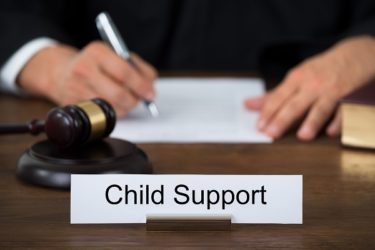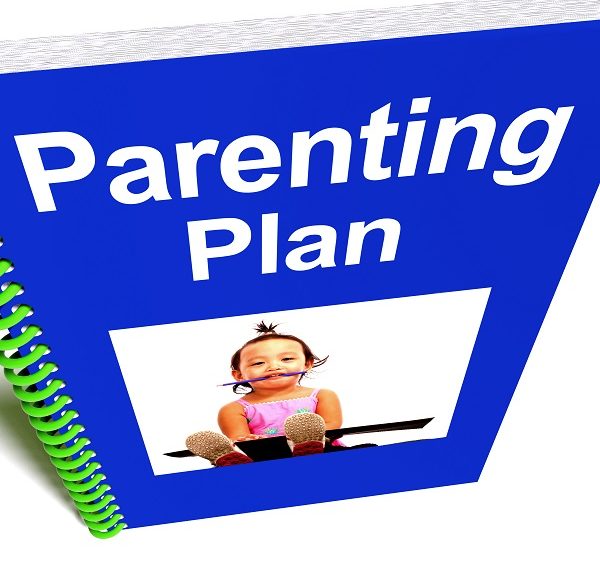It seems like no one gets married anymore. We all have family members and friends who choose to live with their significant others rather than “tie the knot.” We have all also probably heard of common law marriage. Doesn’t that mean that people living together are actually tying the knot even though they may think otherwise? In California, perhaps surprisingly, that is not the case. The Golden State has not recognized common law marriage since 1895.
Marriage laws are governed by state laws. Common law marriage was a function of older times when states were either not yet states or had not yet formally codified marriage rules. Today, only 10 states and the District of Columbia recognize common law marriage.
While California law does not allow for common law marriage, it may recognize one that was effected in a state that does permit common law marriage. Such was the case in the matter of In re Marriage of Smylko. In this case, the Smylkos had been formally married in Alabama in 1941, but they divorced in 1953. In 1957, they moved back in together and again lived as husband and wife in such a way as constituted a common law marriage under Alabama law.
The couple moved to California in 1960, where they continued to live together. In 1976, Mr. Smylko moved to Hawaii and subsequently remarried. He continued to send money to his common law wife in California for another five years. When he stopped, his California wife filed an action to “determine the validity of her marriage.” The California court ruled that there was a valid marriage recognized in that state due to its having existed in the state of Alabama before the Smylkos moved to California.
This case, which was decided in 1986, does not mean that any common law marriage from another state will be found to constitute marriage in California. Each case is evaluated on its own particular facts as well as the laws of the state where the marriage occurred.
If you have established a relationship that is commensurate with marriage within the state of California, a claim of common law marriage will not survive. If, however, you came here from another state under circumstances that might fulfill the common law marriage requirements in that state, and you need for that marriage to be recognized for whatever reason, you might have a strong argument.
The attorneys at the Law Offices of Judy L. Burger have extensive experience in family law matters, including what constitutes a legal marriage. We can advise you about the many different issues that can come into play when a marriage is in question. Contact us today to learn how our attorneys can help you in your case: (415) 293-8314.










